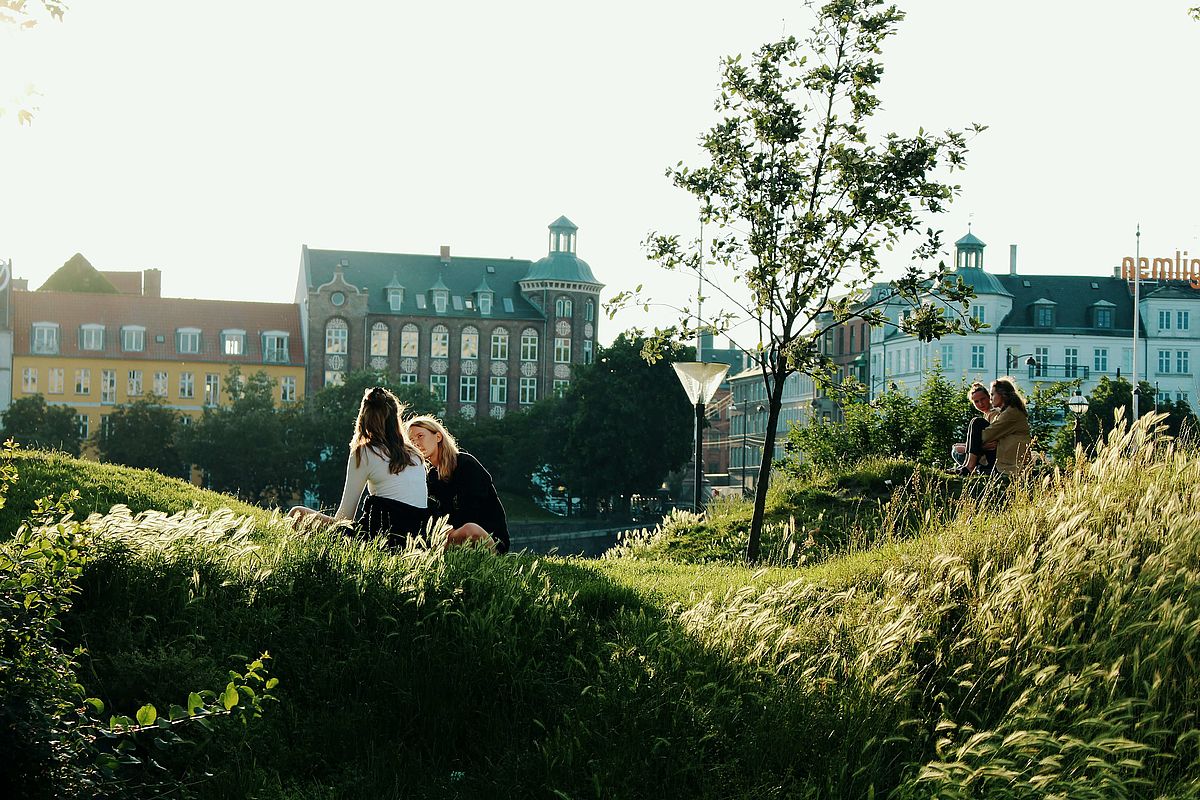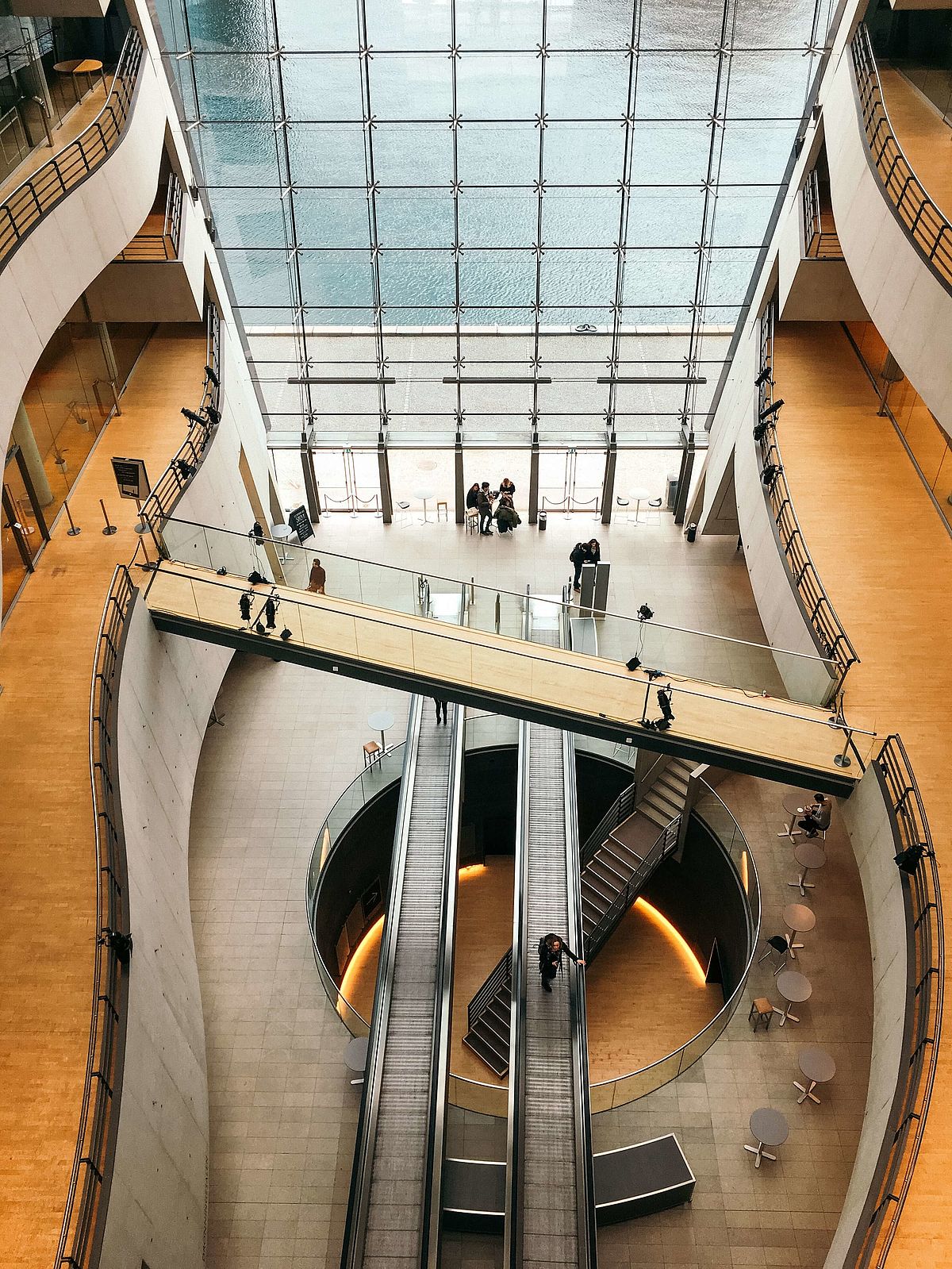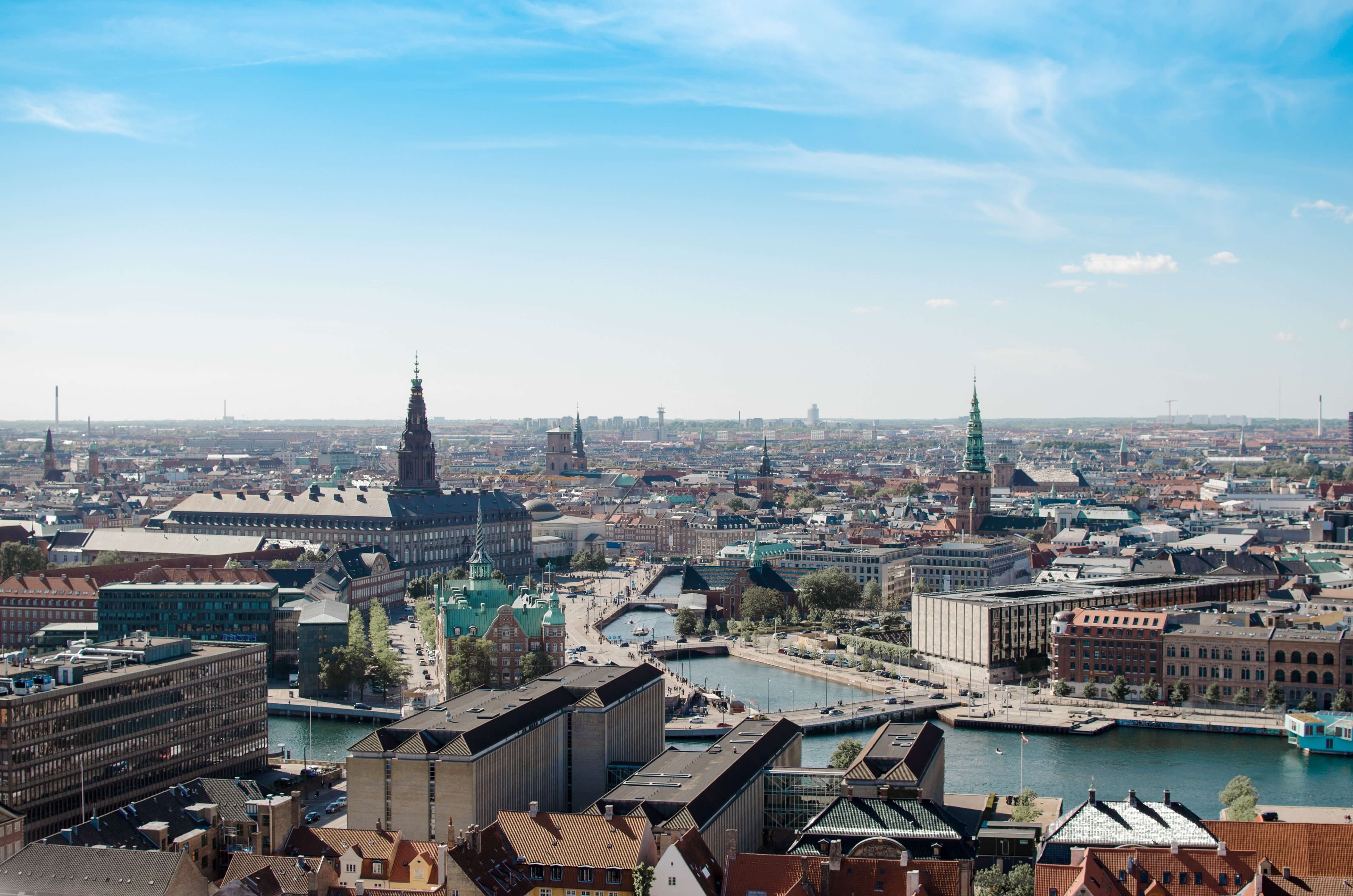Capital Region, Denmark
The Capital Region of Denmark is committed to improve environmental, resource management and sustainability issues as outlined in its Regional Development Strategy and Agenda for Action for the SDGs. Objectives include recycling at least 80% of waste in 2035 and ensuring that secondary raw materials account for 20% of the region’s raw material consumption in 2030. The region seeks to accelerate the circular transition by facilitating and participating in broad partnerships focusing on interconnected activities such as advancing circular competencies, developing markets for secondary raw materials, circular public procurement and citizen empowerment.
Strong partnerships
Recognizing that the shift to a circular system requires concerted action, the Capital Region is looking beyond regional and national borders for inspiration and cooperation. Current projects include the Horizon2020 project CityLoops that aims to close the loop for urban material flows through demonstration projects in seven European cities. Planning and decision-making guidelines as well as necessary circular instruments and tools are being developed and tested.
Another ongoing initiative is ART (Waste and resources across borders) where the waste sector, knowledge institutes, industrial interest organizations and public institutions share and develop knowledge on how to realize the circular transition. Based on a material flow analysis identifying the streams with the greatest circular potential, stakeholders are in the process of designing roadmaps for a circular transition of selected material flows. Two of these flows are electronics and construction, which are identified as the flows with the largest CO2-emissions and environmental impact, and also with a large potential for circularity. This project is funded by the Capital Region.
The project PARCK (Partnerships for Circular Municipalities) has just been completed. The aim was to show how the public sector can catalyze circular actions by municipal demonstration actions on circular initiatives within construction, textiles, large household waste and waste from SMEs. This project was funded by the Capital Region.


Towards systemic change
The region is currently awaiting the award decision on an EU LIFE Integrated Projects proposal, Circular Economy Beyond Waste, where 42 Danish partners will unite to support the circular transition in 2022-2029. Apart from focusing on construction and demolition waste, textiles, biowaste, electronics, plastics and composite materials for food and beverages, the project contains a range of cross-cutting initiatives focusing on competency building, knowledge creation, framework conditions and citizen involvement. The Capital Region will lead the work on:
- estimating and communicating the effects of circular measures in municipalities and regions
- improving governance and enabling the circular transition on a systemic level
- a nation-wide Citizens’ Assembly on responsible consumption

